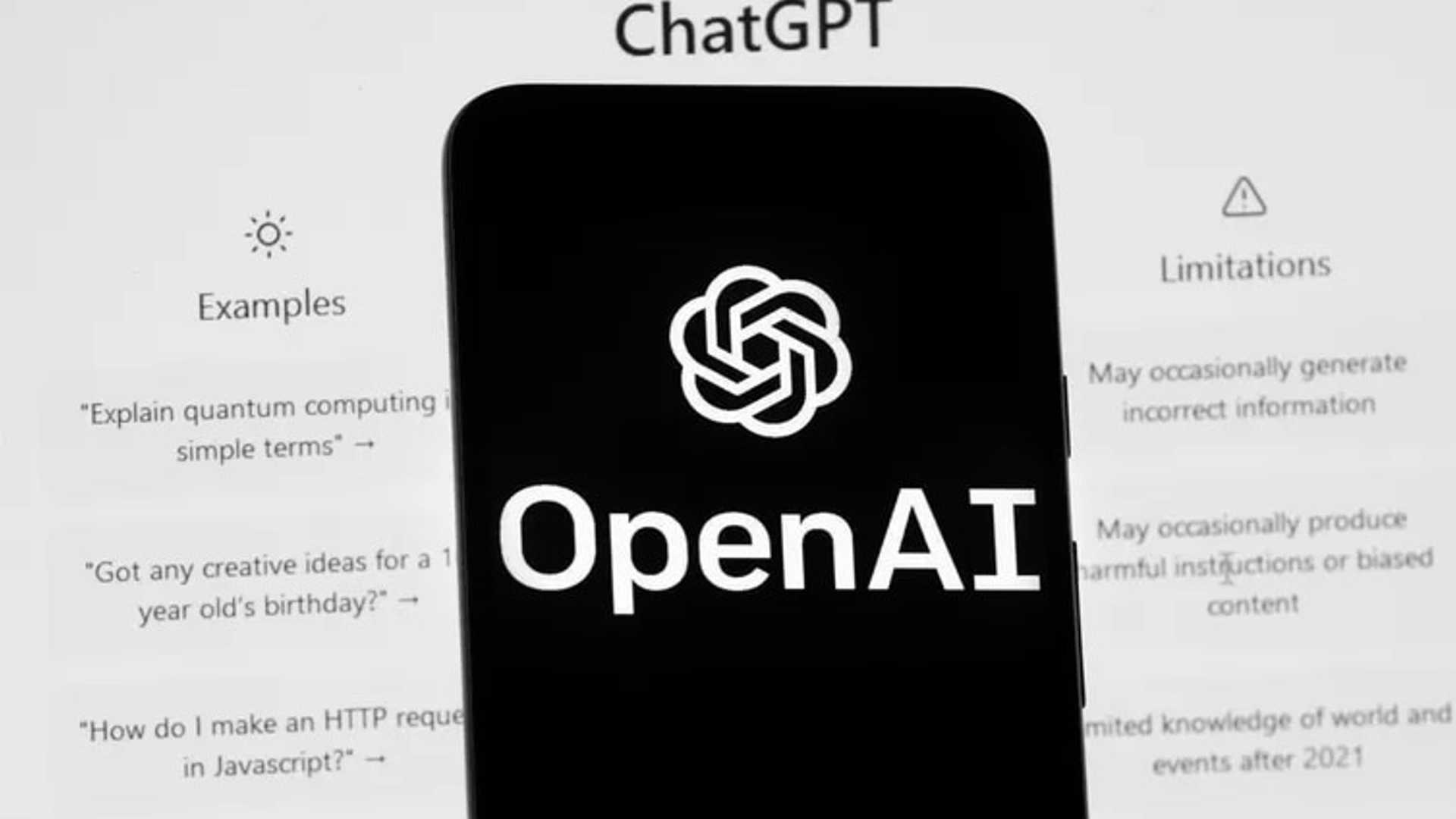ChatGPT in Healthcare: Promises and Concerns
With the increasing availability of health information on the internet, many individuals turn to Google to find answers to their medical concerns. However, a new chatbot named ChatGPT, equipped with artificial intelligence (AI), has arrived on the scene. While this tool has shown great potential in various industries, including real estate and retail, it has recently made its way into healthcare.
ChatGPT is capable of engaging in personalized conversations with patients and physicians, improving access to relevant information in record time. However, healthcare providers must exercise caution since the chatbot is not currently HIPAA compliant.
Promises for Patients
For patients, ChatGPT holds immense promise in making healthcare information more accessible. Unlike Dr. Google, which produces a list of web pages where patients can search for answers, ChatGPT searches for them on behalf of patients. This chatbot can also offer guidance on when to seek emergency care, visit an urgent care center, or consult with one's primary care physician.
Promises for Physicians
For physicians, ChatGPT can make medical research more efficient. With ChatGPT, physicians can quickly search medical literature and databases to diagnose patients and create treatment plans. In addition, one day, ChatGPT may aid in managing and organizing vast amounts of patient information, which can be found in electronic medical records.
Concerns for Patients and Physicians
Despite the advantages of using ChatGPT in healthcare, physicians and patients alike have concerns. One significant concern is over-reliance on a technology that can make mistakes and misinterpret complex medical information. Additionally, AI algorithms can potentially amplify racial, ethnic, and gender biases. Physicians also worry that medical chatbots can undermine patients' trust in them, resulting in decreased face-to-face interactions.
When asked if it prefers to be addressed as "Dr. ChatGPT," the chatbot replied that it is not qualified to diagnose or treat medical conditions and that only qualified medical professionals should be consulted for medical advice.
Conclusion
The potential applications of AI in medicine are exciting, but it is crucial to use this revolutionary technology in safe, effective, and equitable ways. Healthcare providers and patients must learn to adapt to the use of chatbots and similar models in medicine. As we continue to grow together, we can leverage the power of AI and support human health effectively.




















